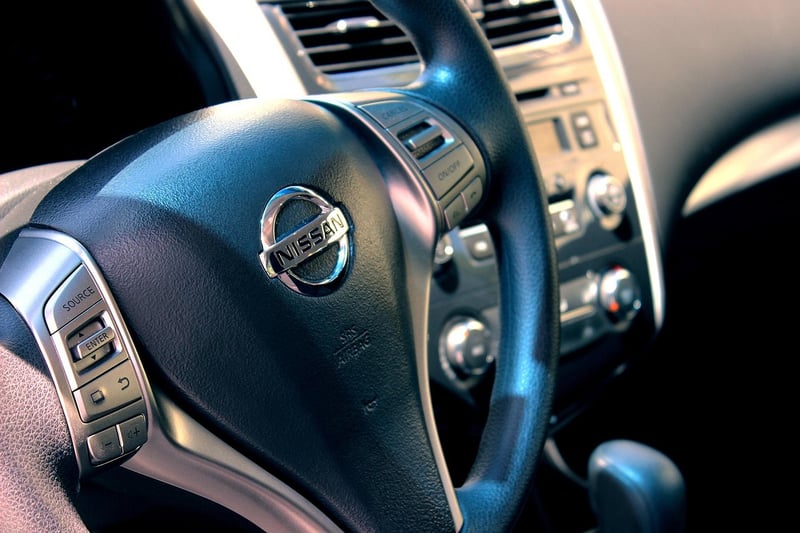Time Warping
The Evolution of Transportation Through Time Warping
Transportation has always been an essential part of human civilization, enabling the movement of people and goods from one place to another. Over time, the modes of transportation have evolved significantly, influenced by technological advancements, societal needs, and even imagination. Let's take a journey through time warping to explore how transportation has transformed over the centuries.
Ancient Times: The Dawn of Human Movement
In ancient times, humans relied on their own two feet for transportation. Walking was the primary mode of travel, allowing our ancestors to explore new territories and hunt for food. As societies developed, animals such as horses and camels were domesticated for faster and more efficient travel.

The Industrial Revolution: Steam Power and Railways
The Industrial Revolution brought about a monumental shift in transportation with the invention of steam power. Steam engines revolutionized travel, leading to the development of locomotives and railways. This innovation connected distant regions, facilitated trade, and transformed the way people moved across continents.

The Automobile Age: From Horseless Carriages to Highways
With the invention of the automobile in the late 19th century, personal transportation took a giant leap forward. The mass production of cars, coupled with the construction of highways, made traveling more accessible and convenient for the masses. Automobiles became synonymous with freedom and paved the way for suburban living.

The Jet Age: Air Travel and Global Connectivity
The 20th century witnessed the rise of air travel, marking a new era in transportation. Commercial airlines made it possible for people to traverse the globe in a matter of hours, shrinking distances and connecting cultures. Airports became bustling hubs of activity, facilitating both business and leisure travel on a massive scale.

Modern Times: Embracing Innovation and Sustainability
Today, transportation is at the cusp of another transformation, driven by innovation and sustainability. Electric vehicles, high-speed trains, and even futuristic concepts like hyperloop technology are shaping the future of travel. As we look ahead, the focus is not just on getting from point A to point B but doing so in an environmentally conscious and efficient manner.

From humble beginnings of walking to the high-speed, interconnected world of today, the evolution of transportation through time warping showcases the ingenuity and progress of human civilization. As we continue to push the boundaries of innovation, one can only wonder what exciting modes of transportation the future holds.
